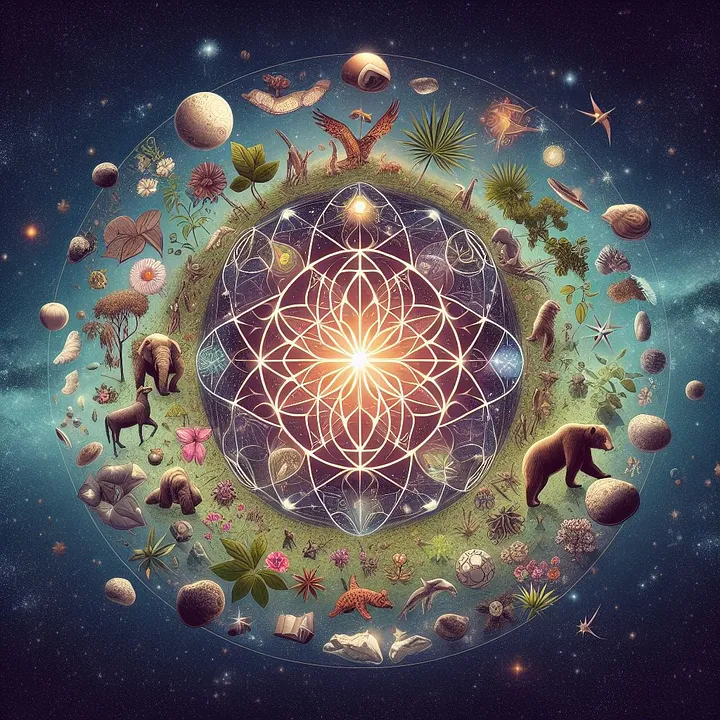
Have you ever encountered the term “biocentrism” before? It’s an idea that’s been making waves in philosophy and environmental ethics circles. Essentially, biocentrism suggests that all living things—humans, animals, and plants—possess inherent worth and should be treated accordingly. But as we delve deeper into this concept, we’ll encounter some intriguing discussions and objections that have arisen around it. Let’s dive in and uncover what biocentrism is all about.
The Challenge of Resource Allocation
One of the significant challenges posed by biocentrism is its impact on resource allocation. While it advocates for the equal treatment of all living forms, critics argue that in practical terms, this might not be feasible. When it comes to allocating limited resources like food, water, and land, should we prioritize based on biocentric ideals or consider other factors?
Coexistence with Nature: A Complex Balancing Act
Biocentrism advocates for a harmonious coexistence between humans and nature, free from hierarchical structures. However, critics suggest that this idealistic view might oversimplify the complex relationship between human progress and environmental conservation. How do we strike a balance between advancing human society and preserving the natural world?
Ethical Frameworks in Conservation
Opponents of biocentrism propose alternative ethical frameworks, such as ecocentrism, which prioritize the health of entire ecosystems over the intrinsic value of individual living beings. These frameworks take into account the intricate interdependence of species within ecosystems. But how do they compare to the biocentric approach, and which offers a more practical solution to environmental ethics?
Origins and Advocates of Biocentrism
Despite facing criticism, biocentrism has garnered attention from scholars and researchers interested in its implications for our understanding of the universe. Who are the key proponents of biocentrism, and what unique perspectives do they bring to the table? Conversely, what are the main objections raised against this concept?
The Intriguing Hypothesis of Biocentrism
At its core, proposes a revolutionary shift in our perception of the cosmos, suggesting that consciousness plays a fundamental role in shaping reality. While it remains a contentious topic, the ideas stemming from biocentrism have inspired many and could potentially revolutionize our understanding of reality in the future. But how does fare under scientific scrutiny, and what implications does it hold for our understanding of the universe?
Scientific Inquiry and Debates
Since its emergence, biocentrism has been met with both curiosity and skepticism. While some studies support its claims, others refute them, leading to ongoing scientific debates. What evidence supports the idea that consciousness influences reality, and how does this align with established scientific principles?
Comparative Analysis with Other Theories
To assess the validity of biocentrism, we can compare it with other theories that seek to explain the nature of reality, such as materialism, idealism, and dualism. How does differ from these perspectives, and what unique insights does it offer?
Philosophical Perspectives and Criticisms
prompts profound philosophical questions about the nature of life and consciousness. While some view it as a valuable framework for ethical considerations, others criticize it as anthropocentric or panpsychist. How do these philosophical perspectives influence the debate surrounding biocentrism?
Conclusion: Navigating the Debate
In conclusion, the debate over the validity of biocentrism is far from settled. While proponents champion it as a groundbreaking theory with far-reaching implications, critics raise valid concerns about its compatibility with established scientific principles. As the discussion continues, further research is essential to determine the true validity and potential impact of biocentrism on our understanding of the universe and our place within it.